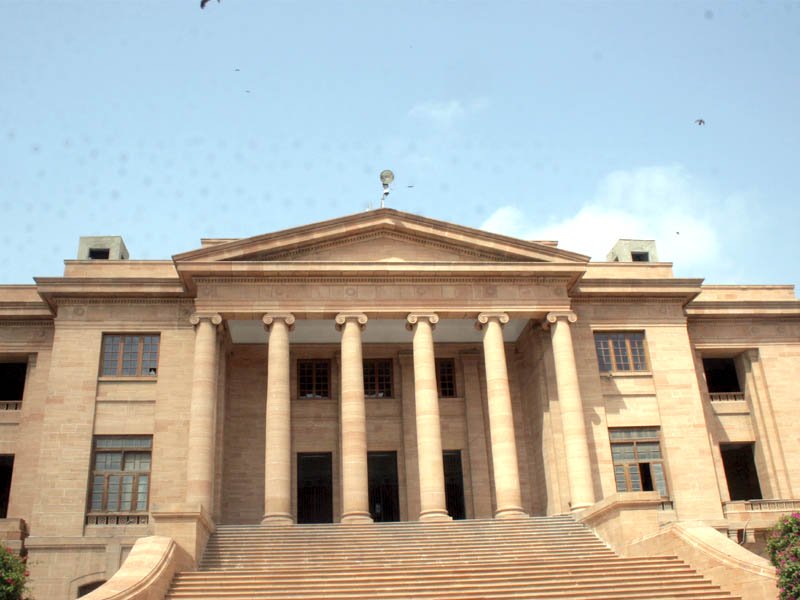
Lukewarm response from the federal and provincial governments is delaying the monitoring of special courts dealing with heinous offences, such as terrorism, terror financing through corruption and money laundering.
The Sindh High Court (SHC) had launched a project to monitor the functioning of these 60 special courts and tribunals set up to deal with 28,645 cases relating to corruption, financial scams, money laundering, customs and taxes duties evasion, banking, wealth tax and others, which are currently pending adjudication.
According to an SHC official, their IT department had developed the Case Flow Management System software to monitor the functions of the subordinate judiciary as well as the special courts and tribunals working under its judicial purview.
Implementing NAP: Where will you set up additional ATCs, SHC asks Sindh govt
“Under the project, 560 subordinate courts working under direct administrative and judicial control of the SHC has been computerised and linked to the online network,” the officer explained, on the condition of anonymity. Apart from this, all the 19 special anti-terrorism courts across the province, including 10 in Karachi, have also been linked up.
“It binds every judicial officer to feed every day the data of pending cases, the reasons for delays as well as disposal,” he said. “On the basis of such data, the IT department prepares analytical and comparative reports on each court’s performance for the perusal of the provincial chief justice.”
The system can largely help the provincial judiciary to monitor the workings of the subordinate judiciary as well as the special courts, question their performance and make better policies for timely disposal of litigations, said a judicial officer.
Musharraf treason case: PHC chief justice to head special court
The officer lamented, however, that these special courts and tribunals work under the direct administration of the federal and provincial governments. In December last year, the SHC issued letters to the presiding officers of these courts to get connected to the SHC software within one month. Of the 60 courts, only nine of them - seven banking courts and one each of the National Accountability Bureau (NAB) and the anti-corruption court -connected within the deadline.
Some courts complained, however, that they lack the basic facilities required to go online. “Some provincial anti-corruption and labour courts reasoned that they didn’t have computers or internet facilities,” said an official privy to the correspondence. “Instead, they requested the high court provide them such facilities to bring them under its monitoring radar.”
A judicial officer said that these courts were asked to demand such facilities from the provincial government.
Cases pending in courts
According to court data, these are the number of cases pending at these special courts: Anti-corruption (2,912), banking courts (9,043), labour courts (1,317), Sindh labour appellate tribunal (998), narcotics courts (2,824), environmental protection tribunal (13), National Industrial Relations Commission (3,334), NAB (154), Customs, taxation and anti-smuggling court (503), drug court (83), Customs, excise and sales tax appellate tribunal (2,593), income tax appellate tribunal (3,775), special court (offences in banks) (327), special court commerce (7), insurance tribunal (100), foreign exchange appellate tribunal (6), special court (removal of encroachment) (40), federal service tribunal (616).

Published in The Express Tribune, February 14th, 2016.



































COMMENTS
Comments are moderated and generally will be posted if they are on-topic and not abusive.
For more information, please see our Comments FAQ